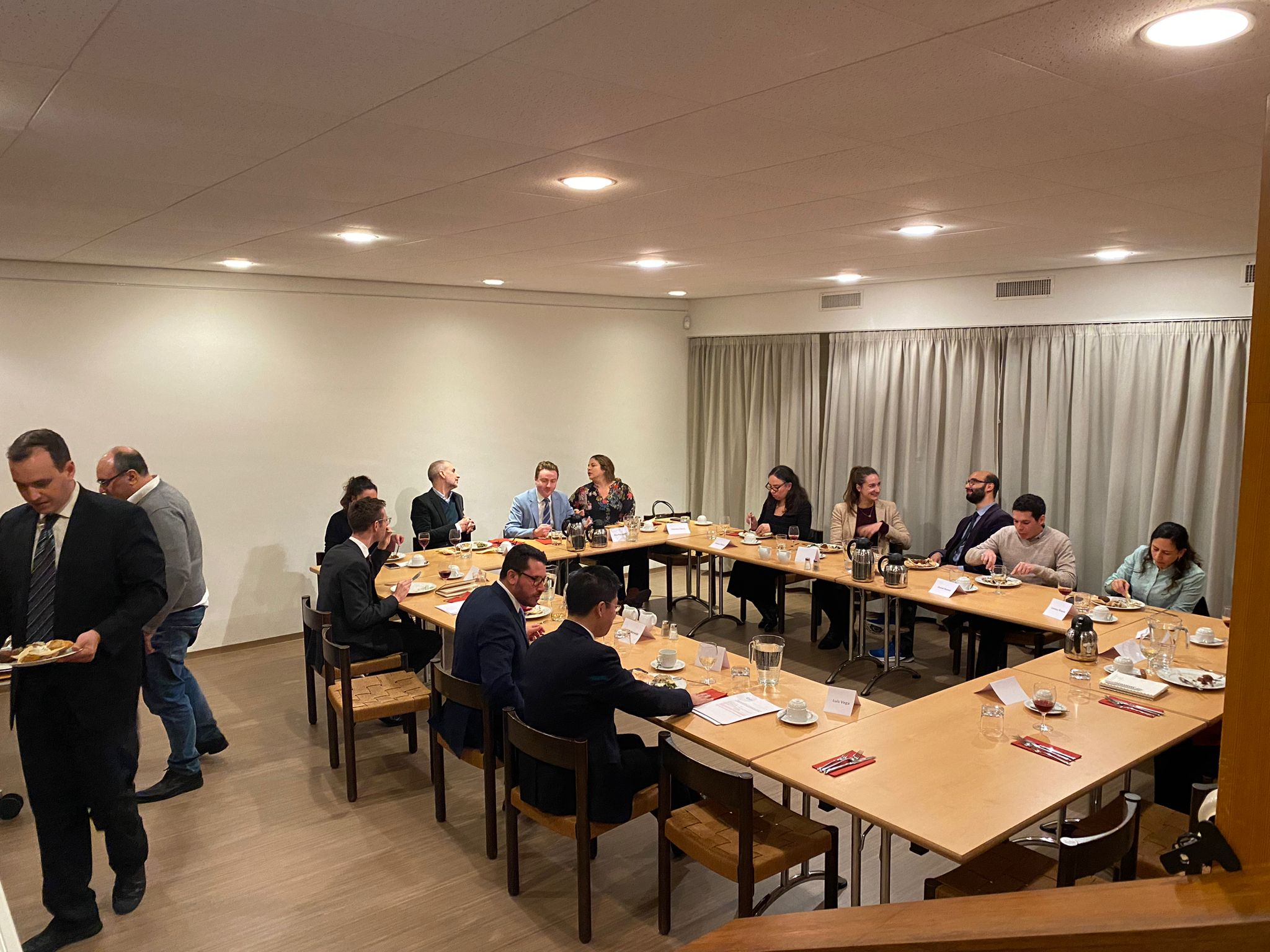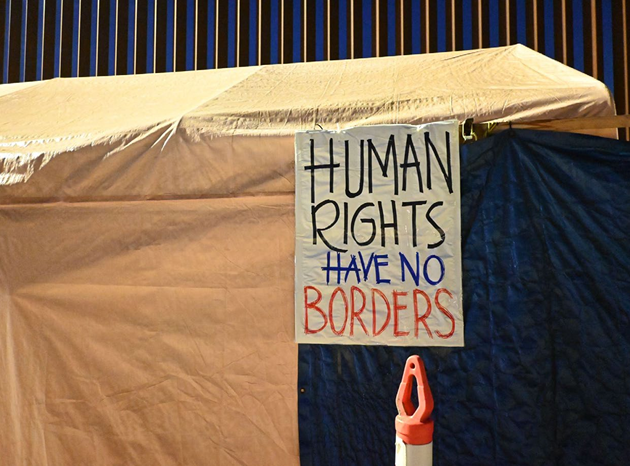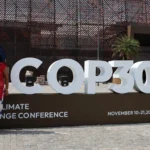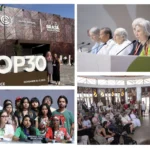|
QUNO, and the Center for International Environmental Law (CIEL) organized an event to discuss trade measures in the context of the Treaty to end plastic pollution. The webinar provided attendees with a better understanding of: (1) the scope of international trade and plastics, including the latest numbers and figures; (2) how the World Trade Organization is addressing plastic pollution through its Dialogue on Plastic Pollution; (3) the historical dynamic and inclusion of trade provisions in multilateral environmental agreements, and the importance of trade provisions for the efficiency and implementation of control measures in the plastic treaty process. Additionally, attendees learned from our Senior Technical Advisor, Ronald Steenblik, about (4) relevant subsidies to plastic production; and (5) were updated on the status of negotiations for the treaty to end plastic pollution moving forward toward the next Intergovernmental Negotiating Committee toward a treaty to end plastic pollution. |
QUNO/CIEL Event on International Trade and the Upcoming Treaty to End Plastic Pollution









